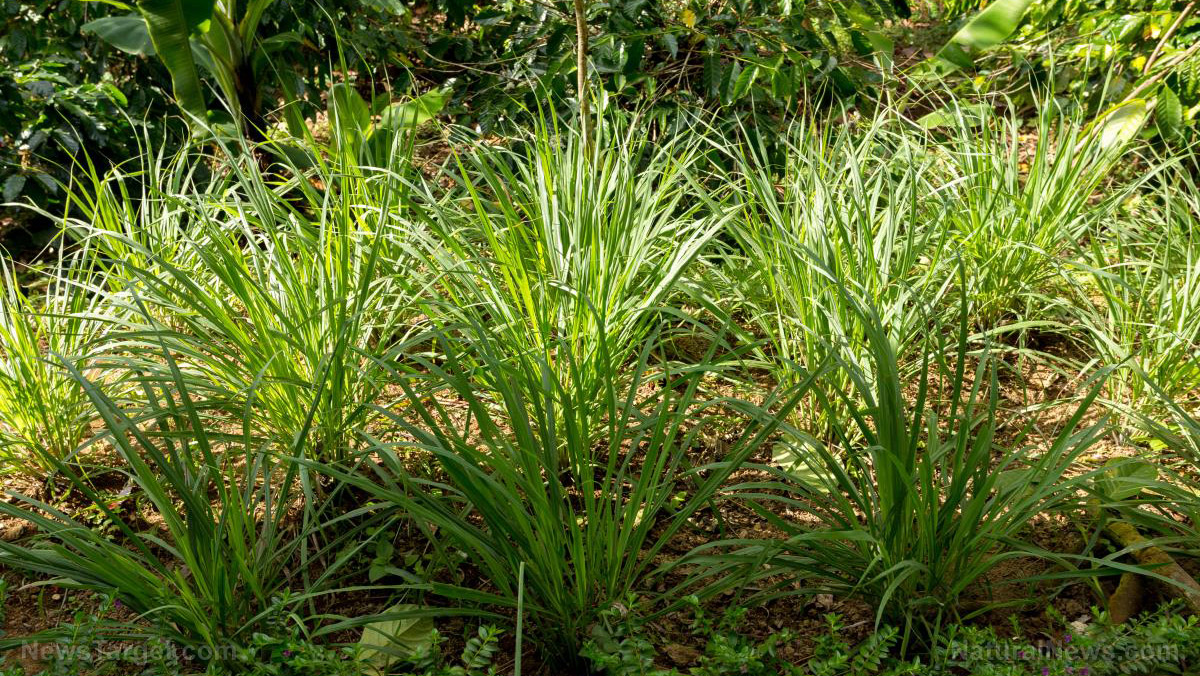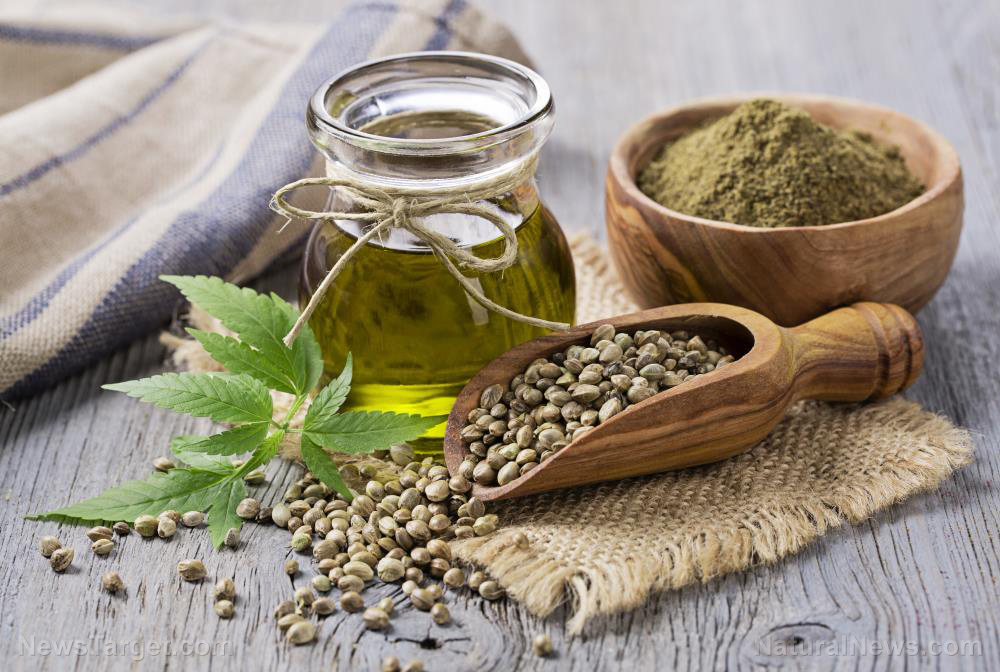Lemon grass tea is good for your brain, study finds
01/08/2019 / By Edsel Cook

Here is another good reason to drink tea made from lemon grass (Cymbopogon Lemongrass). In a recently-published African study, an extract derived from the plant has been shown to protect the memory of mice from scopolamine-induced amnesia.
Amnesia is a condition where memories are largely forgotten. It can stem from aging, diseases, psychological trauma, physical damage to the brain, and even powerful pharmaceutical drugs. It is a common symptom of Alzheimer’s disease and other forms of dementia.
One of the recommended ways of dealing with amnesia and related conditions is to drink lemongrass tea. Lemongrass contains many natural compounds that can help slow down or prevent the development of amnesia.
A 2013 study conducted by the Srinivas College of Pharmacy tested the effect of the essential oil of lemongrass on mice with scopolamine-induced amnesia. The essential oil significantly decreased the amnesia caused by scopolamine.
In that same study, the lemongrass essential oil was shown to suppress acetylcholinesterase activity in the brain. Acetylcholinesterase breaks down some of the important neurotransmitters required for forming and maintaining memories.
These results suggest that lemongrass could be a potential therapy for countering amnesia and related brain conditions. (Related: Powerful natural remedies: Essential oils of lemon grass and orange found to kill bacteria with stunning effectiveness.)
Can lemongrass extract delay the onset of amnesia?
Researchers from the University of Ibadan (UI) tested lemongrass for its ability to protect memory functions. They gathered the leaves of the plant and processed it to form an aqueous extract, which is different from the essential oil.
For their primary study, they constructed a model of amnesia using male mice. The animals in the control group were given a placebo in the form of a saline solution.
Meanwhile, the three treatment groups received either 25, 50, or 100 milligrams per kilogram (mg/kg) body weight of lemongrass extract. The treatment lasted for seven consecutive days.
They also conducted interaction studies. In these studies, scopolamine was administered to the mice 30 minutes after they received either the lemongrass extract or the placebo. Scopolamine is a chemical that induces amnesia-like effects in animals.
In both studies, the mice were subjected to two different memory tests 30 minutes after the last treatment. The Y-maze test is to evaluate the memory and spatial learning of the mice. The other tests involve their ability to recognize common objects.
The animals were sacrificed at the end of the trials. Their brain tissue were harvested and examined for biomarkers of acetylcholinesterase activity and oxidative stress.
Drink lemongrass tea to improve your memory
The UI researchers reported that lemongrass extract improved the memory function of treated mice. They performed much better in the memory tests compared to the untreated amnesiac animals.
Furthermore, the extract was able to reduce the effects of scopolamine-induced amnesia. Analysis of the brain tissue showed both malondialdehyde and glutathione levels were much lower in the brains of treated animals. Lower levels of these biomarkers correlated to reduced levels of oxidative stress that could damage brain tissue.
The researchers concluded that the water-based extract of lemon grass could serve as a plant-based therapy for treating amnesia and more severe cases of memory decline.
Learn more about the health benefits of lemongrass tea and other plant-based remedies at Cures.news.
Sources include:
Submit a correction >>
Tagged Under:
alternative medicine, alternative medicines, amnesia, amnesia treatment, antioxidants, lemon grass, memory function
This article may contain statements that reflect the opinion of the author
RECENT NEWS & ARTICLES
BrainHealthBoost.com is a fact-based public education website published by Brain Health Boost Features, LLC.
All content copyright © 2018 by Brain Health Boost Features, LLC.
Contact Us with Tips or Corrections
All trademarks, registered trademarks and servicemarks mentioned on this site are the property of their respective owners.





















